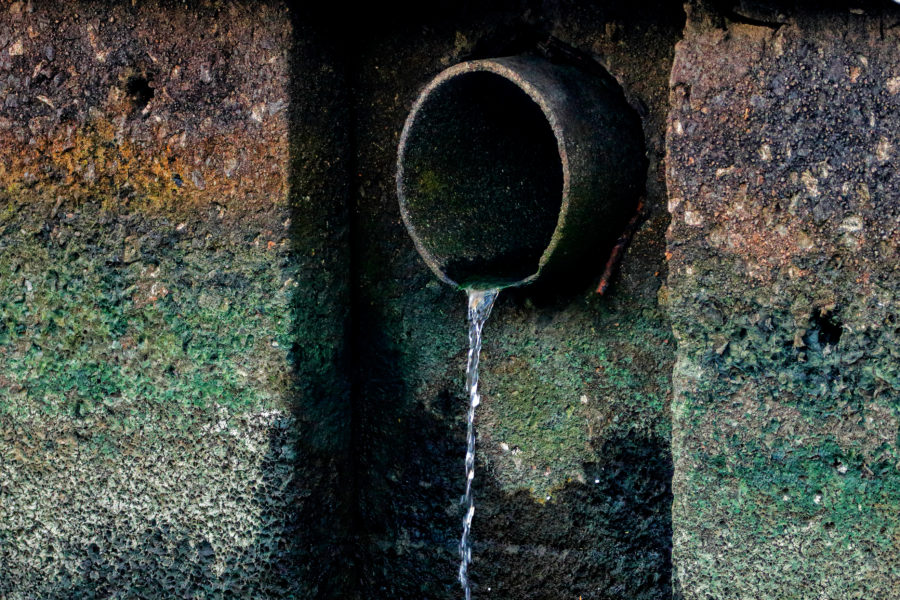A new web-based platform for SEI’s REVAMP tool, launched today, enables people to explore the resource recovery potential of urban organic waste streams in their local communities and cities.
It is widely acknowledged that urban organic waste streams like wastewater, faecal sludge and food waste contain vast amounts of resources like water, nutrients and energy. Recovering these resources can contribute towards supporting water, energy and food security in the growing urban areas of the world.
While many cities are increasingly interested in implementing initiatives for recovering resources from their organic waste, usually as part of circular and bioeconomy strategies, they struggle with understanding the potential for resource recovery from their sanitation and waste management systems. The REVAMP tool aims to solve this knowledge gap by enabling cities to explore and understand what quantities of different resource recovery products can be generated from their organic waste streams.
Based on data input about the volume of the different waste streams, REVAMP calculates the benefits from different reuse scenarios – for example, composting of faecal sludge for agricultural fertilizer, production of biogas or solid waste briquettes – in terms of energy and nutrient content, the quantities of products that can be produced and the revenues that can be generated form those products. In this way, REVAMP can be useful for building a business case for different waste management or reuse options as well as informing scenario-based planning exercises.
The rapid estimates provided by REVAMP are particularly intended to help city planners and policymakers at crucial decision points regarding waste management: for example, planning of new sanitation infrastructure, wastewater treatment plants or climate mitigation measures. It can also be useful for engineers, developers, researchers, students and anyone interested in the circular economy.
REVAMP was initially developed under the SEI Initiative on Sustainable Sanitation and the UrbanCircle project. The tool has been piloted within projects in Colombia, Kenya and Uganda as part of the UrbanCircle project, which explores the governance dimensions that can facilitate transition to a circular economy. It has also been used in projects by partners in Tanzania and it is hoped that the new online platform will now enable more people around the world to use the tool in research, planning and implementation projects.
The REVAMP online platform is available for all and free to use.

